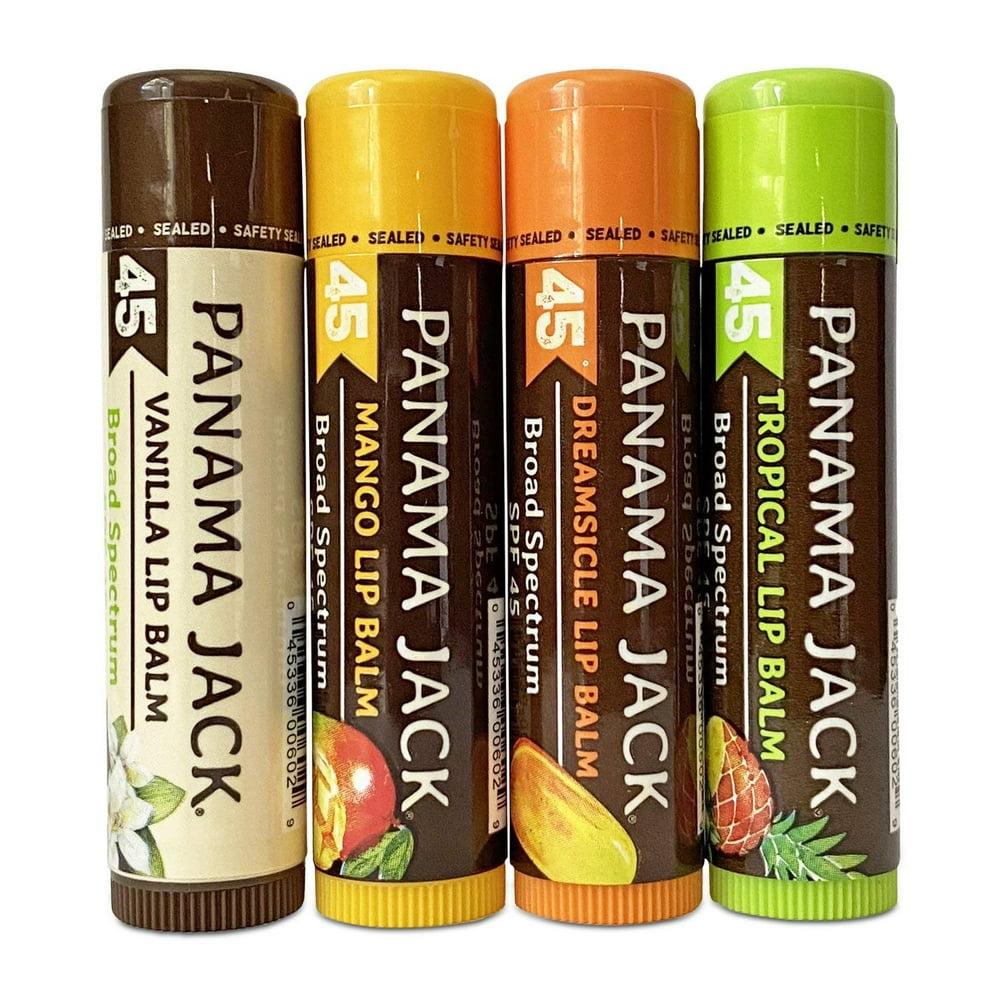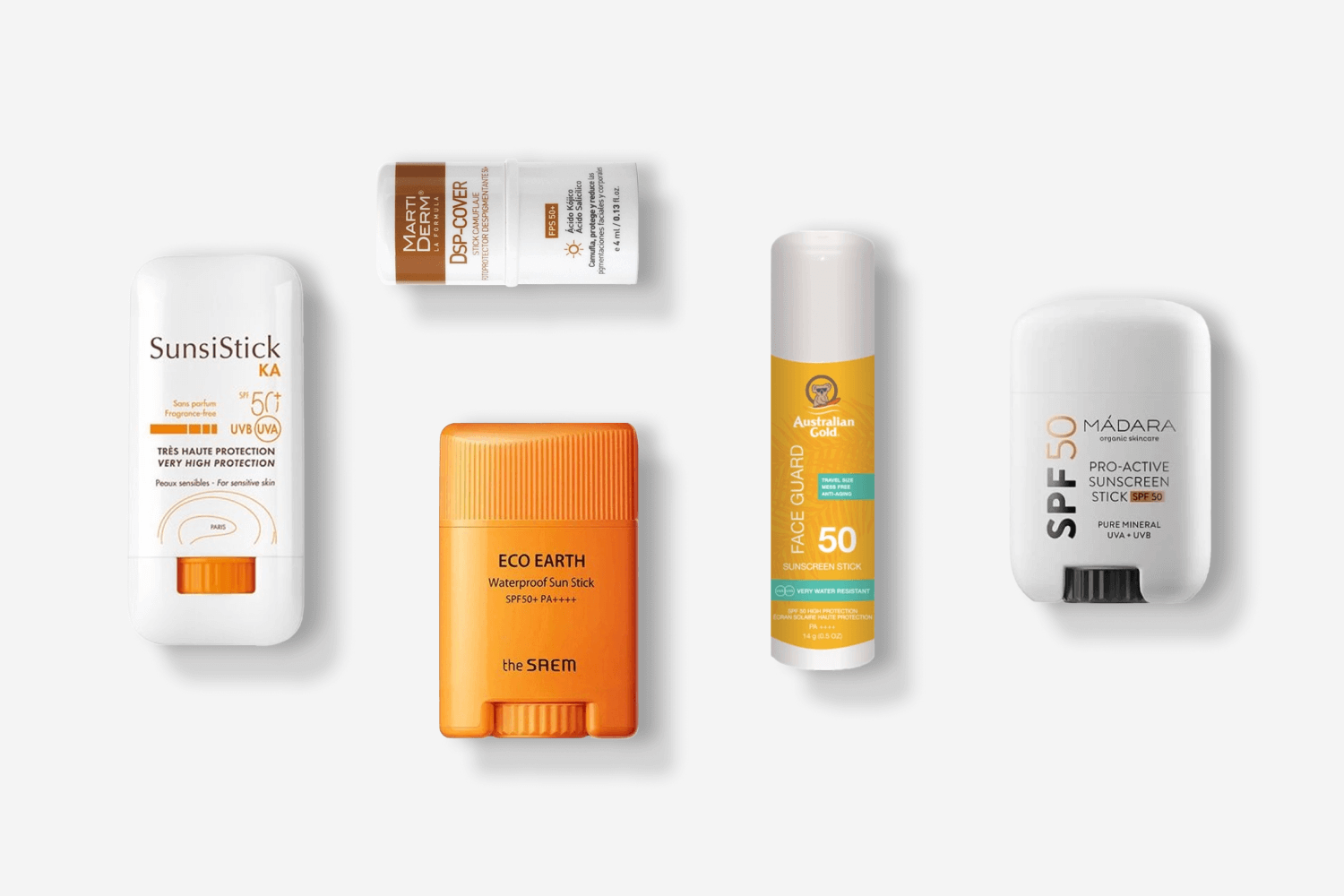When it comes to skincare, protecting your lips from the sun is just as important as shielding your face and body. The delicate skin on your lips is highly susceptible to damage from harmful UV rays, which can lead to dryness, chapping, discoloration, and even skin cancer. That’s why finding the best sunblock for lips is essential for maintaining healthy, vibrant lips year-round.
Many people underestimate the importance of lip protection. However, with increasing awareness about sun safety, more individuals are seeking reliable products to safeguard their lips against UV exposure. Whether you're spending a day at the beach or simply commuting to work, ensuring your lips are well-protected can make all the difference in your overall skin health.
In this comprehensive guide, we’ll explore everything you need to know about selecting the best sunblock for lips. From understanding the ingredients to considering factors like SPF levels and formulation, we’ll help you make an informed decision. Let’s dive in!
Read also:Elegant Belts For Women A Guide To Enhancing Your Style
Table of Contents
- Why Protecting Your Lips from the Sun Matters
- Understanding SPF and Its Role in Lip Protection
- Types of Sunblock for Lips: Physical vs. Chemical
- Key Ingredients to Look for in a Lip Sunblock
- Top 10 Best Sunblocks for Lips
- Tips for Applying Sunblock on Lips Effectively
- Common Mistakes to Avoid When Choosing Lip Sunblock
- Frequently Asked Questions About Lip Sunblock
- Health Benefits of Using Lip Sunblock Regularly
- Conclusion: Take Action Today to Protect Your Lips
Why Protecting Your Lips from the Sun Matters
While many skincare routines focus on facial protection, the lips often get overlooked. However, the skin on your lips is much thinner than the rest of your face, making it more vulnerable to sun damage. Prolonged exposure to UV rays without proper protection can result in:
- Chapping and dryness
- Discoloration and dark spots
- Premature aging, such as fine lines around the mouth
- An increased risk of developing skin cancer on the lips
According to the Skin Cancer Foundation, the lower lip is particularly prone to developing squamous cell carcinoma, a common type of skin cancer. This underscores the importance of using a reliable sunblock specifically designed for the lips.
Statistics on Lip Cancer
Studies indicate that lip cancer accounts for approximately 1% of all skin cancers. However, its prevalence is growing, especially among individuals who spend extended periods outdoors without adequate protection. By incorporating a high-quality lip sunblock into your daily routine, you can significantly reduce your risk of developing serious health issues.
Understanding SPF and Its Role in Lip Protection
SPF, or Sun Protection Factor, measures how effectively a product shields your skin from UVB rays, which are responsible for sunburns. When choosing a sunblock for your lips, it's crucial to select one with an SPF of at least 30. This level of protection blocks about 97% of UVB rays, offering sufficient coverage for most outdoor activities.
For extended periods in direct sunlight, opt for a sunblock with SPF 50 or higher. These formulations provide enhanced protection and are especially beneficial if you engage in water-based activities or live in high-altitude areas where UV exposure is intensified.
How SPF Works
SPF ratings indicate the amount of time you can stay in the sun before your skin begins to burn. For example, SPF 30 theoretically allows you to stay in the sun 30 times longer than you would without any protection. However, reapplication every two hours is essential to maintain optimal protection.
Read also:Ashley Madison Customers List The Controversial Data Breach And Its Implications
Types of Sunblock for Lips: Physical vs. Chemical
There are two primary types of sunblocks available: physical and chemical. Each type offers unique benefits and may suit different skin types or preferences.
Physical Sunblocks
- Contain active mineral ingredients like zinc oxide and titanium dioxide
- Work by sitting on top of the skin and deflecting UV rays
- Ideal for sensitive skin as they are less likely to cause irritation
Chemical Sunblocks
- Contain organic compounds such as avobenzone and oxybenzone
- Work by absorbing UV rays and converting them into heat
- Offer a lighter, more invisible finish compared to physical sunblocks
Ultimately, the choice between physical and chemical sunblocks depends on personal preference and skin compatibility. Some individuals prefer the immediate protection provided by physical sunblocks, while others appreciate the seamless application of chemical formulations.
Key Ingredients to Look for in a Lip Sunblock
When searching for the best sunblock for lips, pay attention to the ingredients list. High-quality products typically include the following:
- Zinc Oxide: A powerful physical sunscreen that provides broad-spectrum protection.
- Shea Butter: Adds moisture and soothes dry, chapped lips.
- Vitamin E: Acts as an antioxidant to combat free radical damage caused by UV exposure.
- Beeswax: Creates a protective barrier to lock in hydration.
Avoid products containing harsh chemicals like parabens or artificial fragrances, as these can irritate sensitive lip skin.
Top 10 Best Sunblocks for Lips
With so many options on the market, selecting the right lip sunblock can be overwhelming. Below are ten top-rated products that have earned rave reviews for their effectiveness and user-friendly formulations:
1. EltaMD UV Lip Balm SPF 31
This dermatologist-recommended balm combines zinc oxide with nourishing ingredients like beeswax and shea butter. Its smooth texture makes it ideal for daily use.
2. COOLA Mineral Lip Balm SPF 30
Packed with organic botanicals and antioxidants, this eco-friendly option offers both hydration and UV protection.
3. Blue Lizard Australian Sunscreen Lip Balm SPF 30
Known for its unique blue bottle that changes color in sunlight, this product provides reliable protection against harmful rays.
4. Neutrogena Hydro Boost Lip Balm SPF 30
This budget-friendly choice delivers long-lasting hydration while shielding your lips from UV damage.
5. Supergoop! Lip Deflector SPF 30
With a tinted formula and added skincare benefits, this sunblock enhances your natural lip color while protecting against sunburn.
6. Banana Boat UltraMist Lip Balm SPF 50
This convenient spray-on option is perfect for reapplication during outdoor activities.
7. Aveeno Positively Ageless Lip Balm SPF 30
Formulated with feverfew extract, this product helps reduce the appearance of fine lines while providing sun protection.
8. Blistex Medicated Lip Balm SPF 15
Ideal for those prone to cold sores, this medicated balm includes antiviral ingredients and SPF protection.
9. Badger Balm B broad-spectrum SPF 30
Made with organic ingredients, this natural option is gentle enough for sensitive skin.
10. Aquaphor Lip Repair + Protect SPF 45
This rich, emollient balm not only protects against UV rays but also repairs severely chapped lips.
Tips for Applying Sunblock on Lips Effectively
To maximize the effectiveness of your lip sunblock, follow these tips:
- Apply generously before heading outdoors, ensuring even coverage across both lips.
- Reapply every two hours, or more frequently if swimming or sweating.
- Use a lip brush for precision application, especially around the edges of your lips.
- Pair your lip sunblock with a moisturizing lip balm for added hydration.
Consistent application is key to preventing sun damage and maintaining soft, healthy lips.
Common Mistakes to Avoid When Choosing Lip Sunblock
While selecting a lip sunblock, watch out for these common pitfalls:
- Choosing a product with insufficient SPF protection (below 30).
- Ignoring expiration dates, as expired sunblock may lose its effectiveness.
- Not reapplying frequently enough, especially after eating or drinking.
- Selecting a product that irritates your skin or causes allergic reactions.
By avoiding these mistakes, you can ensure your lips remain well-protected throughout the day.
Frequently Asked Questions About Lip Sunblock
Q: Can I use regular sunscreen on my lips?
It’s not recommended to use regular sunscreen on your lips, as these products may contain ingredients that are unsafe for ingestion. Instead, opt for a lip-specific sunblock formulated for sensitive skin.
Q: Is it necessary to wear lip sunblock on cloudy days?
Yes, up to 80% of UV rays can penetrate through clouds, so it’s important to protect your lips even on overcast days.
Q: How often should I reapply lip sunblock?
Reapply every two hours, or immediately after eating, drinking, or swimming.
Health Benefits of Using Lip Sunblock Regularly
Incorporating lip sunblock into your daily routine offers numerous health benefits:
- Prevents sunburn and painful chapping.
- Reduces the risk of developing skin cancer on the lips.
- Slows down the aging process by protecting against UV-induced damage.
- Keeps lips hydrated and supple, promoting overall lip health.
By prioritizing lip protection, you’re investing in your long-term well-being and appearance.
Conclusion: Take Action Today to Protect Your Lips
Protecting your lips from harmful UV rays is a simple yet crucial step in maintaining healthy skin. By choosing the best sunblock for lips and incorporating it into your daily routine, you can enjoy outdoor activities without worrying about sun damage. Remember to reapply regularly and select a product that suits your specific needs and preferences.
We invite you to share your thoughts and experiences in the comments below. Have you tried any of the products mentioned in this guide? Let us know which ones worked best for you! And don’t forget to explore our other articles for more tips on sun safety and skincare.


